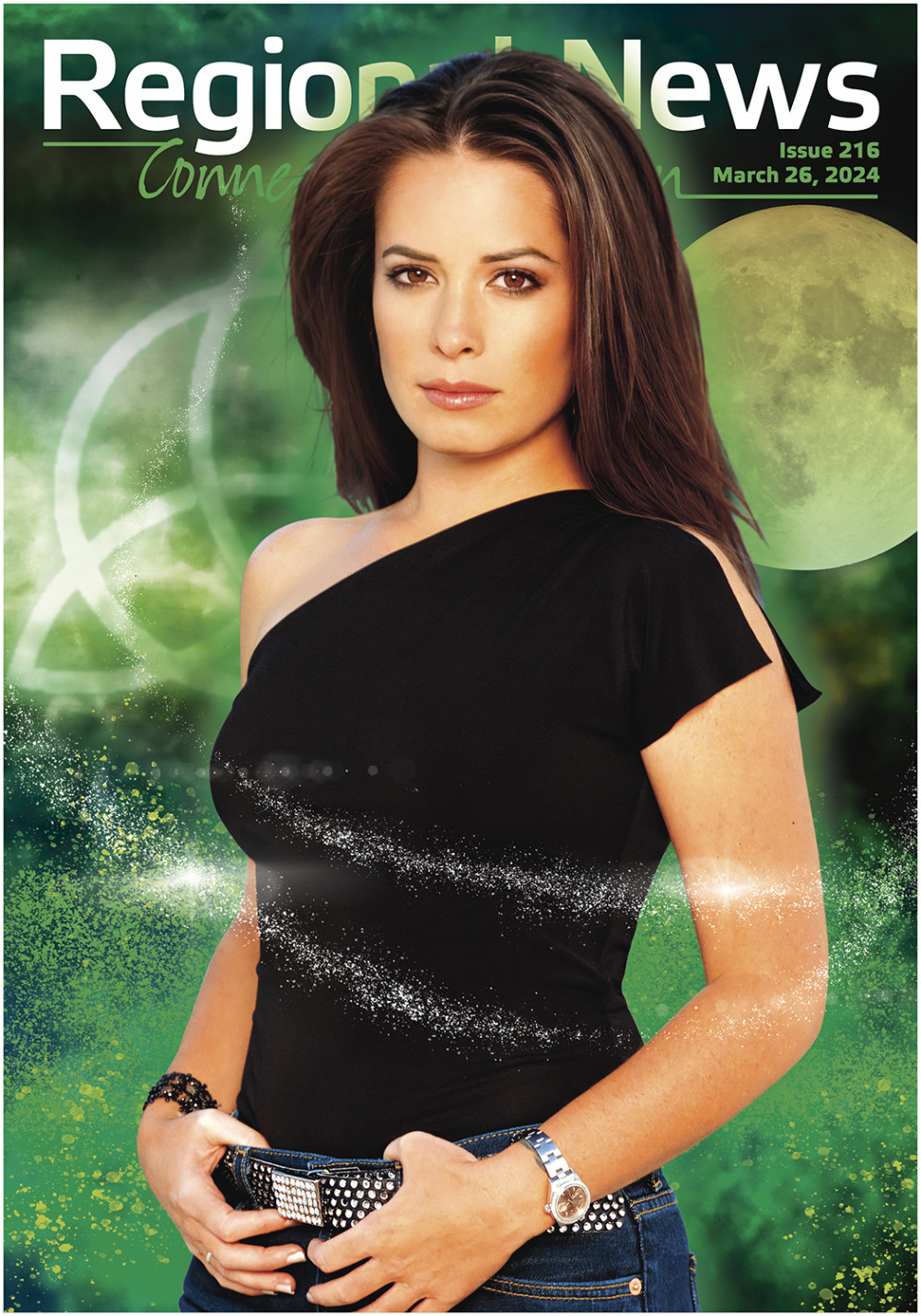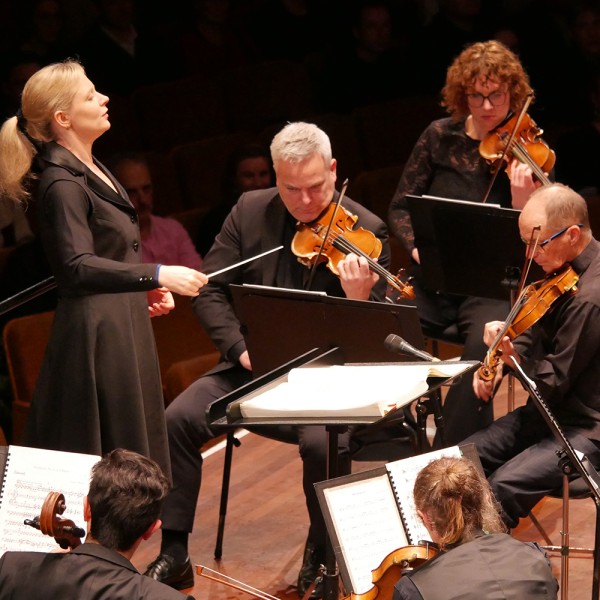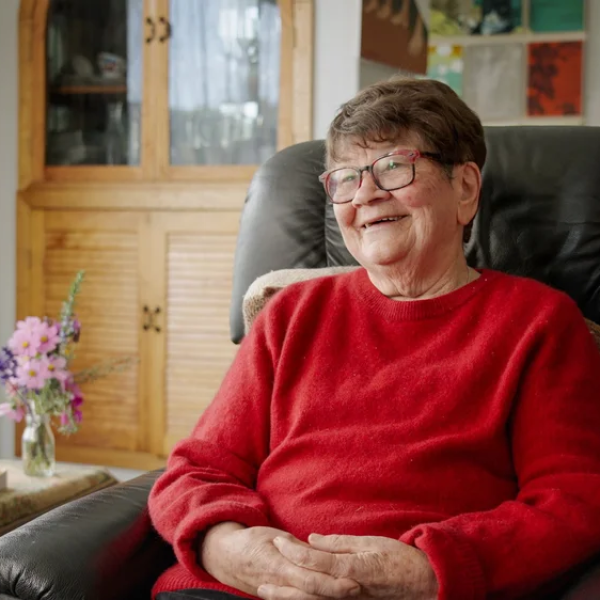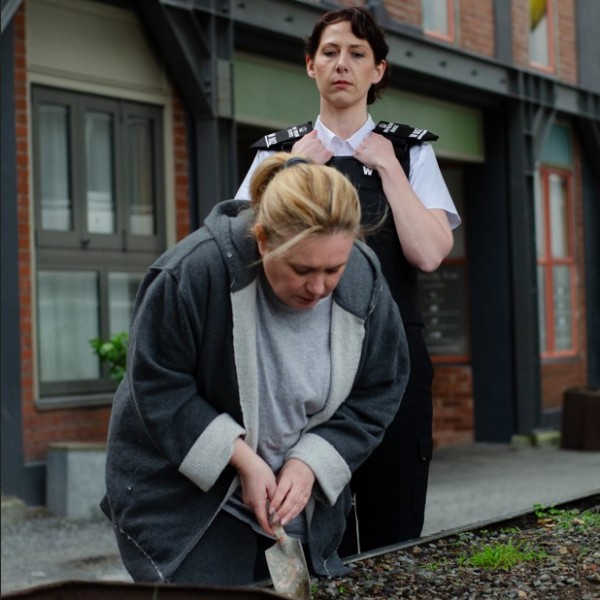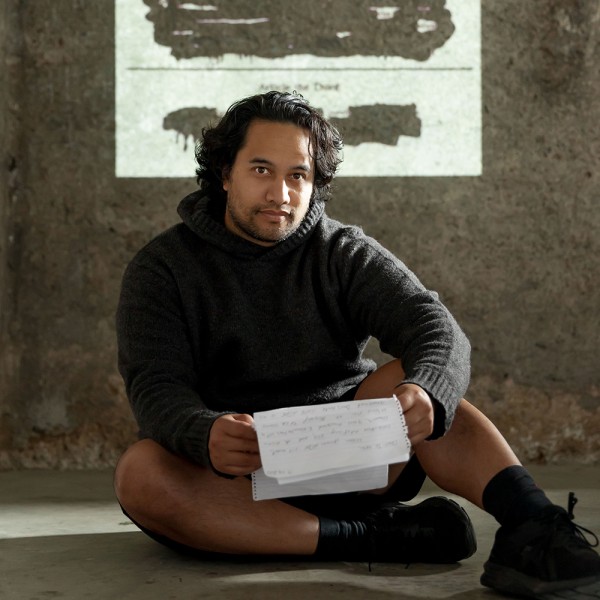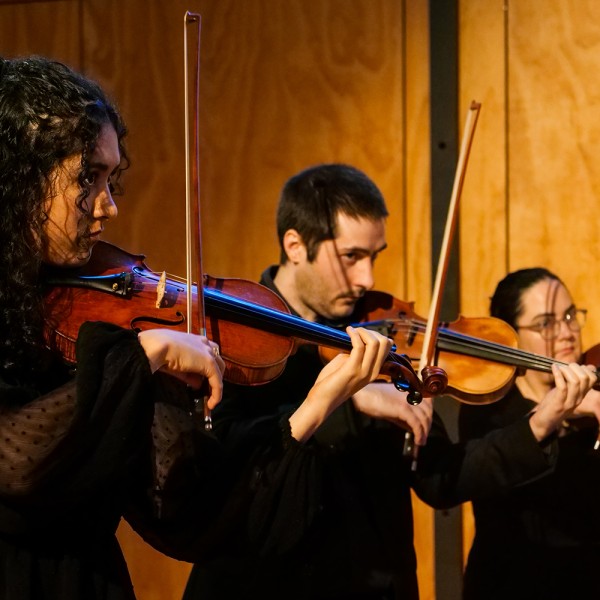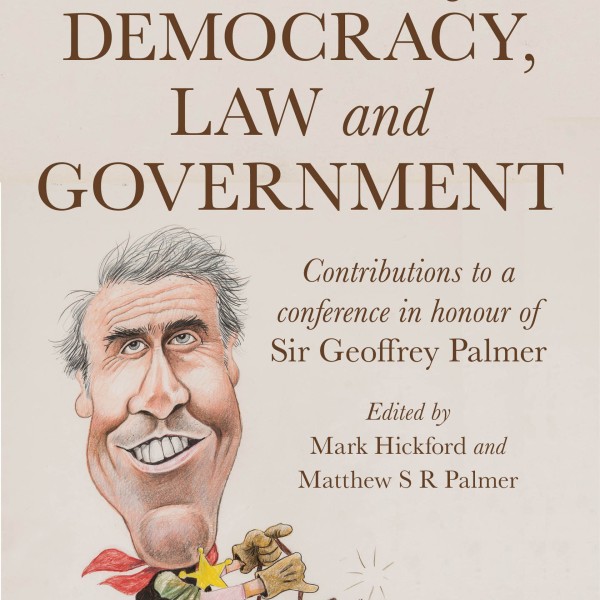
Caught Stealing doesn’t come out swinging. In fact, it feels like it’s taunting you, yelling “Hey batter, batter” from the sidelines for the first 30 minutes, but boy does it hit a homerun into a grand slam eventually.
Pulsing with energy, Caught Stealing feels as though it’s teetering on a precipice as Hank (Austin Butler), a 30-something boozed-up and burnt-out bartender tormented by baseball and broken dreams, desperately tries to catch the curveballs life throws at him. The most recent comes in the form of cat-sitting for his dodgy English neighbour Russ – played by a mohawked Matt Smith in a role that is equal parts character foil and comic relief. As soon as Russ disappears, the directionless Hank finds himself embroiled in a dangerous struggle for survival amidst the criminal underbelly of 1990s New York City, forced to navigate the monsters of an underworld he never imagined and the demons from his past he thought he’d never meet again.
Based on the book of the same title by Charlie Huston, who also wrote the screenplay, Caught Stealing is saturated with director Darren Aronofsky’s signature brand of blackness. Seeping in from the sidelines before pooling into the corners, darkness (but not without comedy) drenches Hank’s world at an unexpected turning point, steering what seems like a predictable plot into an unhinged joy ride through chaos. Aronofsky’s long-time collaborator Matthew Libatique’s cinematography is precise and grainy – paired with Mark Friedberg’s grimy, gritty production design and fashioned by Andrew Weisblum’s sharp editing that dances between timelines to reveal more of Hank’s past – crafting an aesthetic that is cluttered and corrupt, echoing the inner workings of Hank’s mind that becomes increasingly unstable as he grapples with regrets, missed chances, and a progressively perilous problem. Match cuts and callbacks create satisfying circular moments, but not without character development tangled in between (balanced brilliantly by Butler). As the web of lies coils more tightly around Hank, simultaneously unravelling and sustaining him, he gears up for one helluva swing.
A chaotic car crash of a movie that comes careening around the corner at breakneck speed, you’re in for a wild ride if you choose to ride shotgun… just be sure to buckle your seatbelt.



